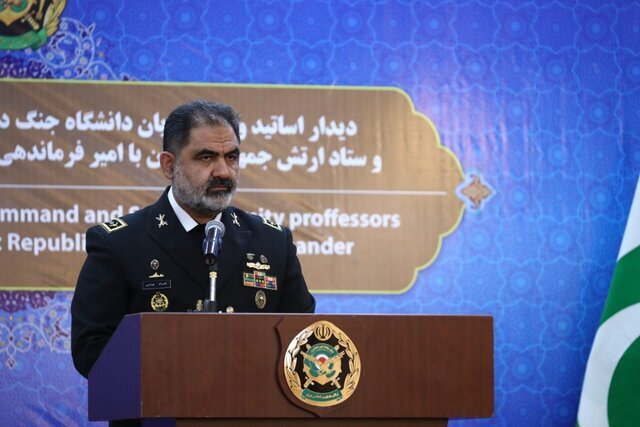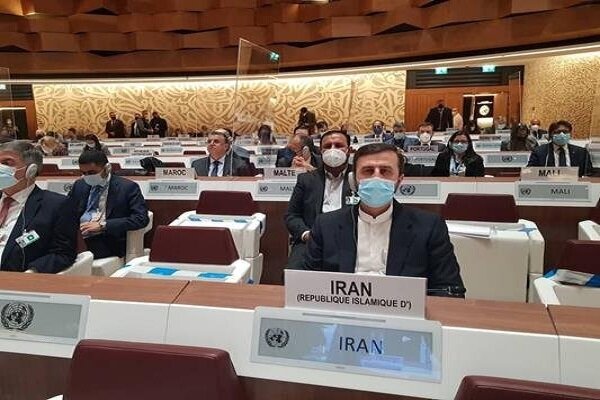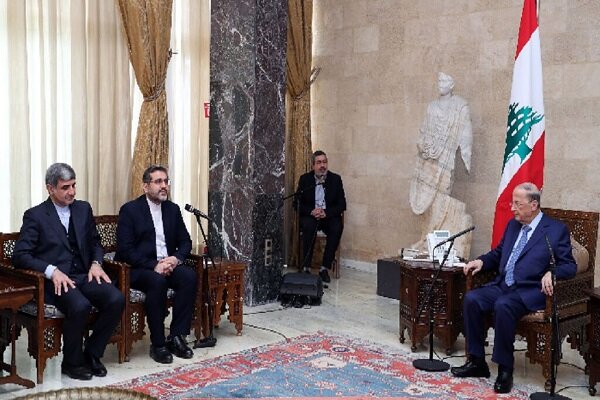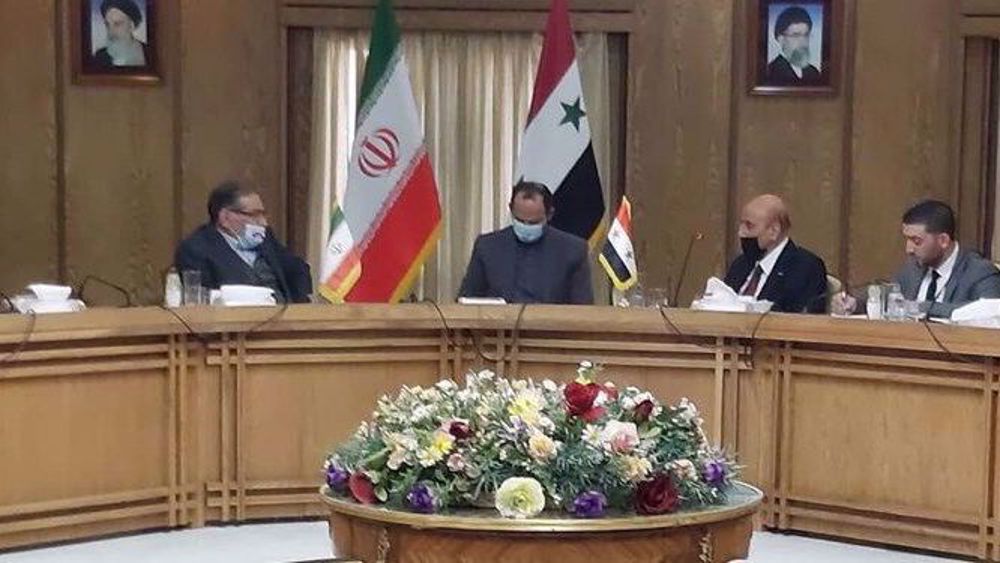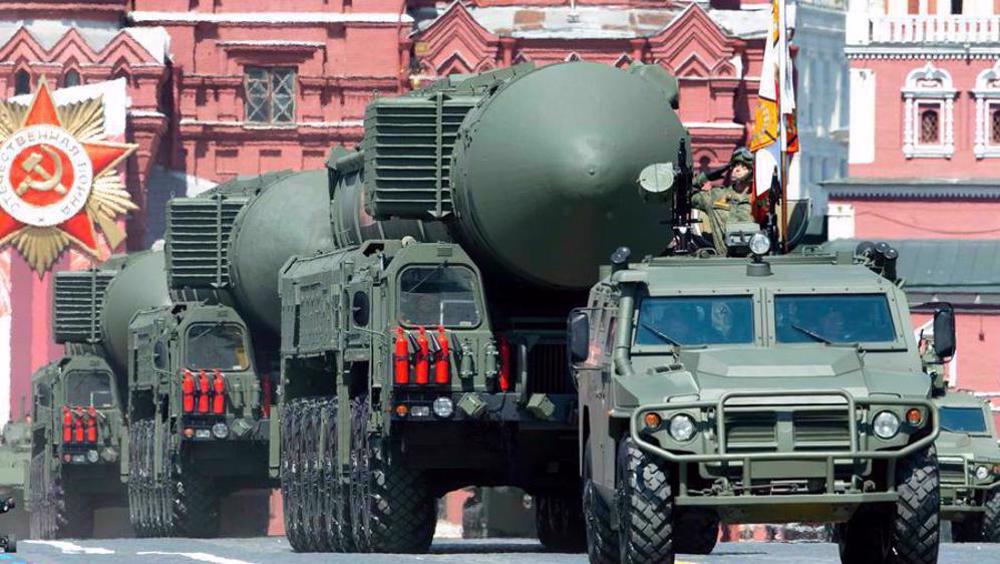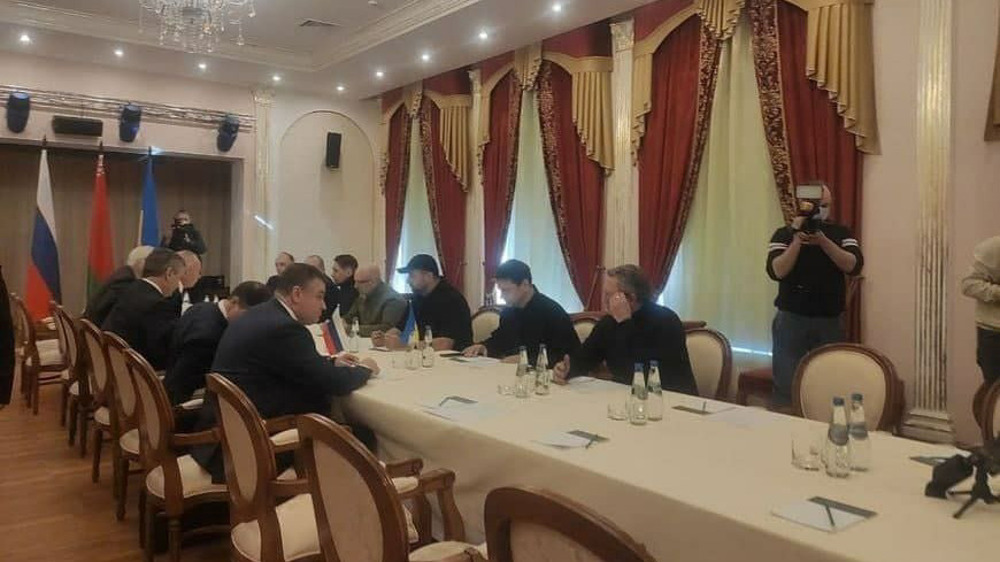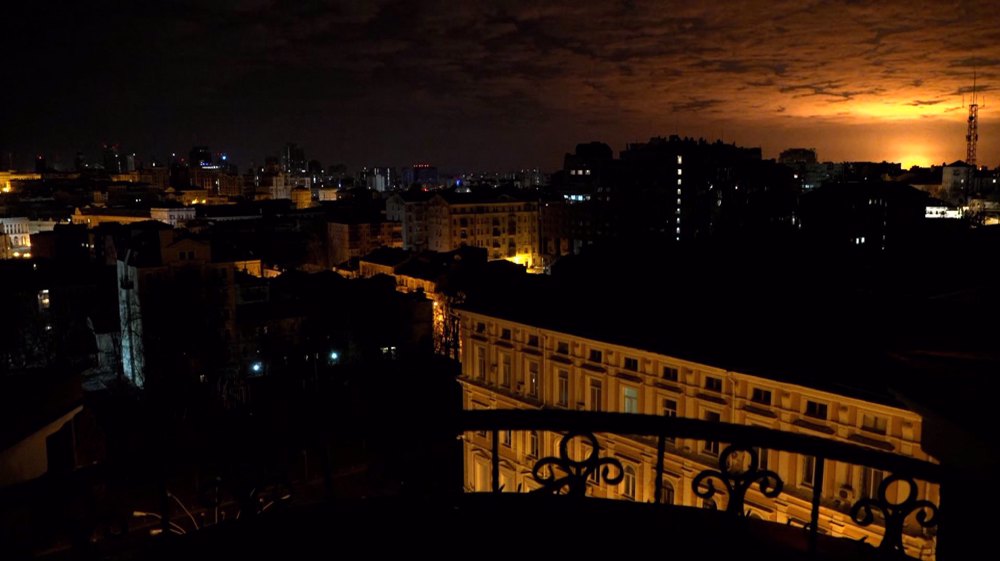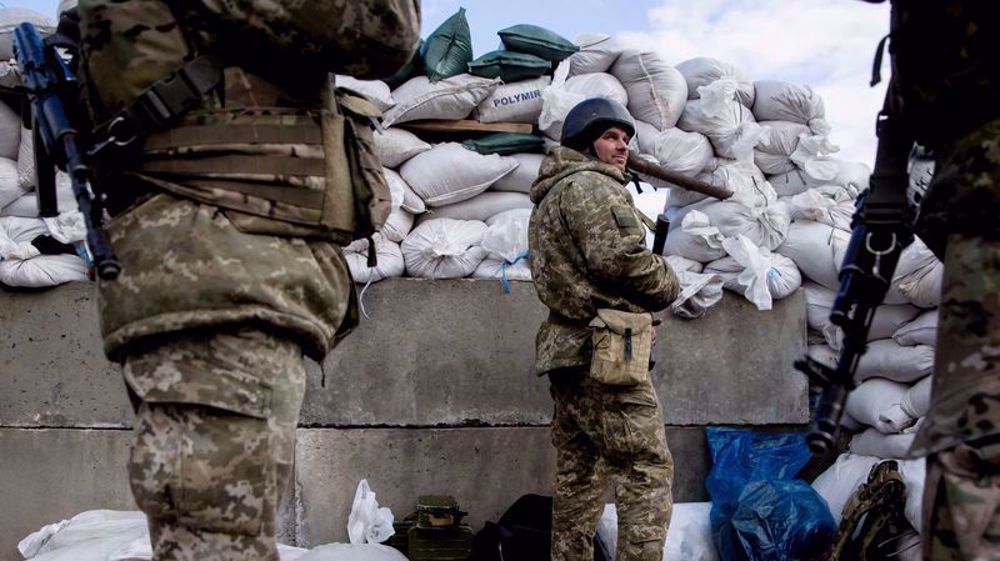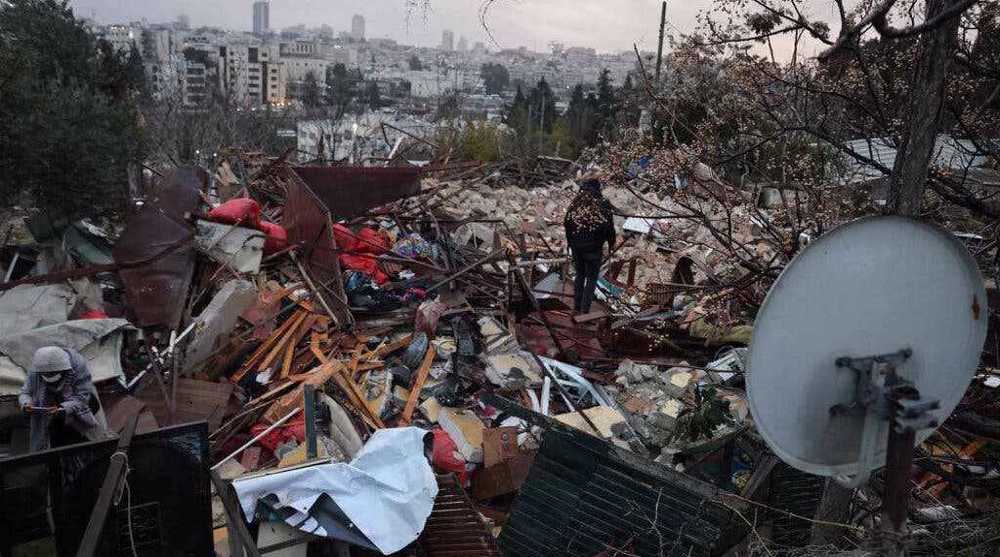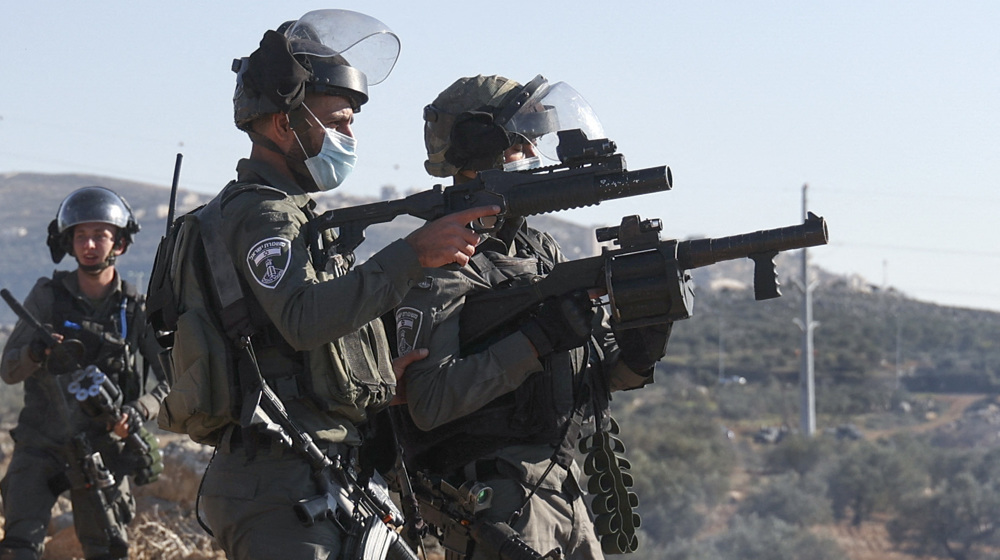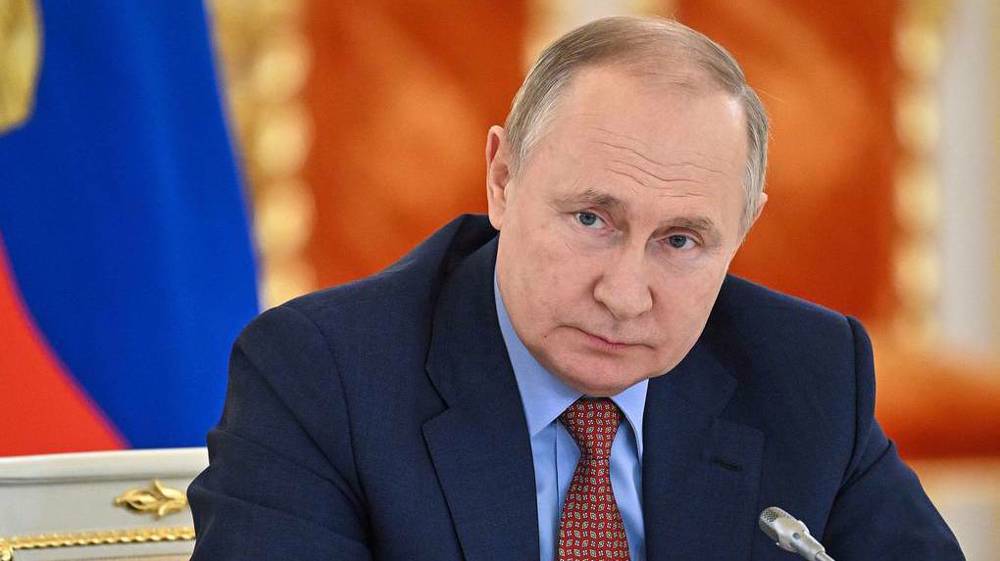Alwaght- With the sudden start of the war in Ukraine, the US, which itself played a key role in fueling the crisis and provoking Russia to take military action to defend its security interests in Eastern Europe, did not take serious action to support its ally and practically left Ukraine alone facing the Russian campaign. But despite Western inaction after the start of the operation and turning a deaf ear to Ukrainian aid requests, Washington officials have been emphasizing not going to direct war to defend Ukraine in the event of a Russian attack weeks before the war. Although Washington's passivity met Ukrainian government, media, and public and even some American political circles' criticism, the White House looks far from changing its policy.
This paradoxical American behavior, which on the one hand raised Ukraine NATO accession and on the other hand moved back from any direct involvement against Russia, fueled the speculations about a plan by the US to push President Vladimir Putin of Russia into a pre-designed quagmire by victimizing Ukraine.
To test this assumption, we need to ask a question: Does a comparison of costs and gains of Russia and NATO from Ukraine conflict confirm the Western trap for Putin?
One of the main arguments in support of the US plan to drag Russia into the abyss of war in Ukraine is the possible Western push to ground Russia's economy through massive sanctions in the coming days and weeks, as poor economic conditions and long war costs of a long-term war and even the imposition of defeat in this war on Moscow would stir internal crises and unrest and social discontent with Putin's performance, and ultimately lead to loss of Putin and his party in the next election. Under this scenario Russia, which during Putin's leadership has moved to restore its Soviet-time glory and power, would be stopped from progress.
Three goals are sought by the US in the middle of this conflict: The first is economic crisis in Russia as a result of sanctions, the second is the prolongation of the war and the increase in human, financial, and prestige costs of Russia, and the third is the creation of internal political strife in Russia and the end of Putin's political life.
The Western leaders unveiled various packages of economic sanctions immediately after the start of the Russian military operation in Ukraine, and there is even talk of removing Russia from SWIFT (Society of Worldwide Interbank Financial Communications). The US President Joe Biden announced after the G7 emergency meeting that the new sanctions would hurt Russia's economy and cut off Moscow's interactions with the world economy. Biden added the new sanctions "will impose a heavy cost on the Russian economy" and have been optimized to maximize long-term impact on Russia. The goal behind these sanctions is to harm the Russian technology sector, including cutting off technology imports and restricting its aerospace and military industries.
Also some Western leaders, among them President Emmanuel Macron of France, said the war will last.
However, Russia had been preparing for such days for years. In 2014, when Russian troops entered Crimea Peninsula as part of annexation campaign, the first Western sanctions were imposed on Moscow, which were a great lesson for Putin. Russia has since distanced itself from dependence on the US dollar, de-dollarizing its trade with partners like China.
According to the Central Bank of Russia, the value of the Russian government's hard reserves, in the form of currency and gold until January (2022), was record high of more than $630 billion.
The reserve made Russia ranks fourth globally, which would be used for a considerable time to prevent a crash of the Russian currency ruble.
Currently only 16 percent of Russia's foreign exchange reserves are in the US dollar. Five years ago, Russia's dollar reserves were 40 percent. The Russian government has also taken the first steps as a precaution to establish a local system of international payments so that its hands would not be tied if its access to the SWIFT system is cut off.
The country also reduced government budget and replaced economic growth with stability priority. Over the past ten years, the country's economic growth rate has averaged less than one percent, but foreign dependence has decreased.
Thus, while Putin is convinced that he can absorb the economic shocks caused by Western sanctions, the West is hesitant and shaky to fully impose sanctions on Moscow, as President of European Commission Ursula von der Leyen said she proposed to EU leaders a "certain number" of Russian banks are eliminated from SWIFT.
Meanwhile, some countries, such as China, as one of the world's economic heavyweights, have taken an opposite stance to the Western sanctions, giving Putin hope that the restrictions would not be penetrating.
Another significant issue in terms of the war economic consequences for Russia is the energy exports on which the Russian economy greatly depends. Russia is one of the largest exporters of oil and gas, and by boycotting Russian oil and gas exports, the US can reduce Europe's energy dependence on Moscow, especially by canceling the Nord Stream 2 gas pipeline, and even as the world's largest LNG exporter and oil producer, Washington can look to conquer new energy markets and make more profits. Still, eliminating a major energy producer has serious consequences for the world energy markets, and in addition to Europe, which is severely affected by rising prices, the US itself, as one of the largest consumers of crude oil, does not want higher energy prices.
NATO and Ukraine campaign aftershocks
Another part of the scenario of victimizing Ukraine is the American interests and increasing the European military and security dependence on the US via a Russophobian campaign. In recent years, and especially since Trump took office from 2016 to 2020, European countries grew increasingly skeptical of putting all the security eggs in NATO and US support basket, and this has led to serious political divisions and geopolitical rivalries among NATO members. Even French President Emmanuel Macron announced the Western military organization "brain dead."
With the new administration taking power in the US, the White House sought to once again bridge the gaps on both sides of the Atlantic and revive NATO alliance, thus putting brakes on the steps of the European nations to gain defense independence from Washington. The plan has not been realized in more than a year of the Biden administration, however, as major European countries continue to underscore the need for a defense mechanism independent of NATO.
Now here is a question: Did the Russian operation in Ukraine bring back to the Europeans the necessity to rely on the US militarily?
In this scenario, too, considerable gains for the US are unthinkable, and even worse its military inaction sends to the world a signal of the its hegemony decline and a transition from unipolar world order and also a signal of absurdity of trusting the American military protection promises. That would push the Europeans to move faster to build their defense independence from Washington.
So, given the assumption that the US has baited Ukraine to damage Russia and based on the field realities, we can suggest that the Western passivity is more an outcome of the US and NATO inability to enter a war with Russia than a result of a plan to trap Russia. Even it is unlikely that the West can check Russian quick advances and prolong the war by providing support to the Ukrainian military.
Furthermore, destruction of the Russian economy is impossible given the Russian protective and even confrontational measures and the Western inability to impose a full-scale embargo on Moscow.
On the contrary, Moscow looks like a winner here as it takes action to prevent Ukraine from transforming into a place of birth of a great security threat crafted by the West and NATO against Russia, as Putin at the same time planted serious doubt in the mind of the Eastern Europe leaders about trust in the American and NATO security promises. Furthermore, with his operation, Putin tore apart the US and NATO hegemony and at the same time took a historical revenge on the West for the Soviet collapse, consolidating his position and popularity among the Russians.
